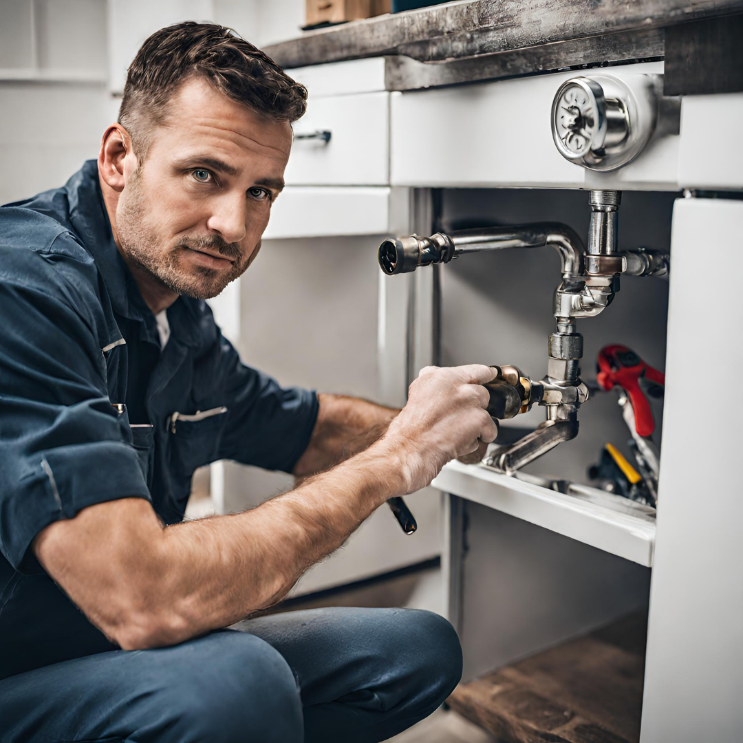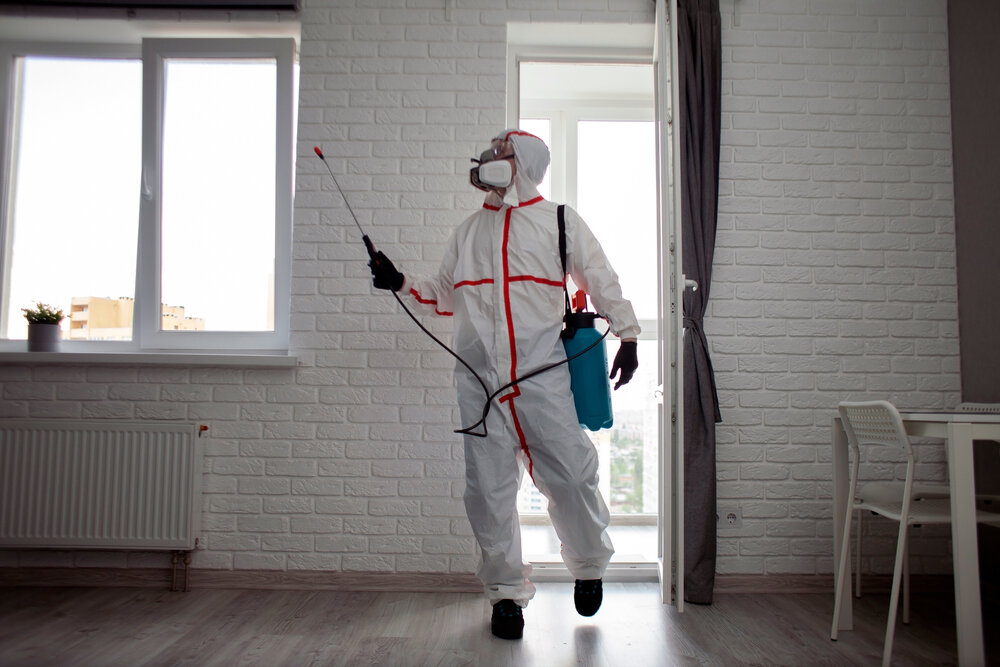The Impact Of Kitchen Drain Health On Your Plumbing System
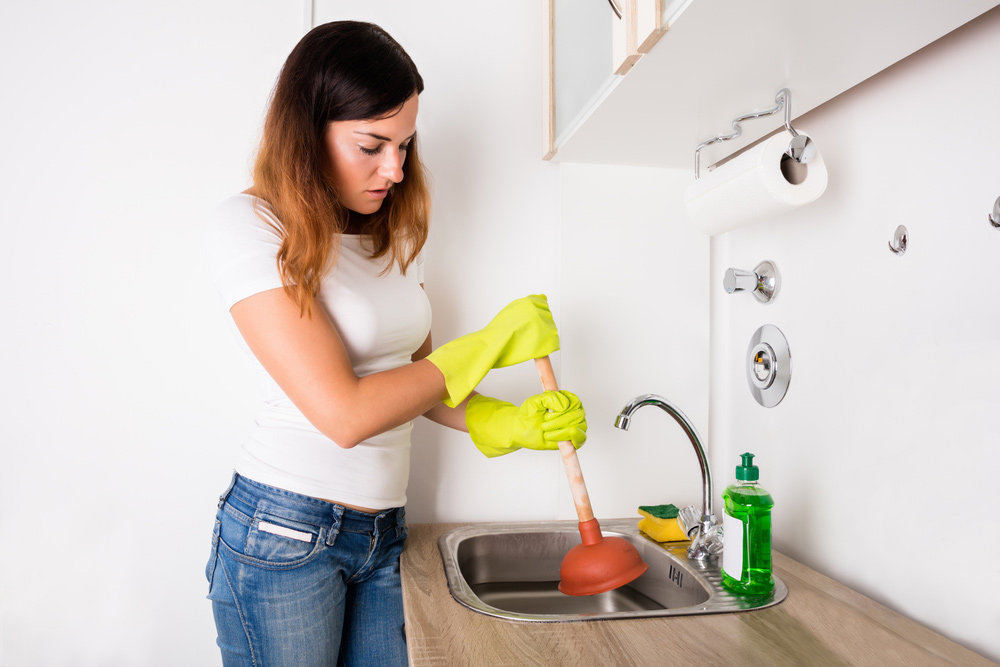
Table of Contents
Your kitchen sink sees a lot of action every day. From washing dishes to rinsing vegetables, it’s a busy spot in your home. But have you ever stopped to think about what happens below the surface? The health of your kitchen drain plays a crucial role in your overall plumbing system.
Let’s dive into why it matters and how you can keep things flowing smoothly.
Why Kitchen Drain Health Matters
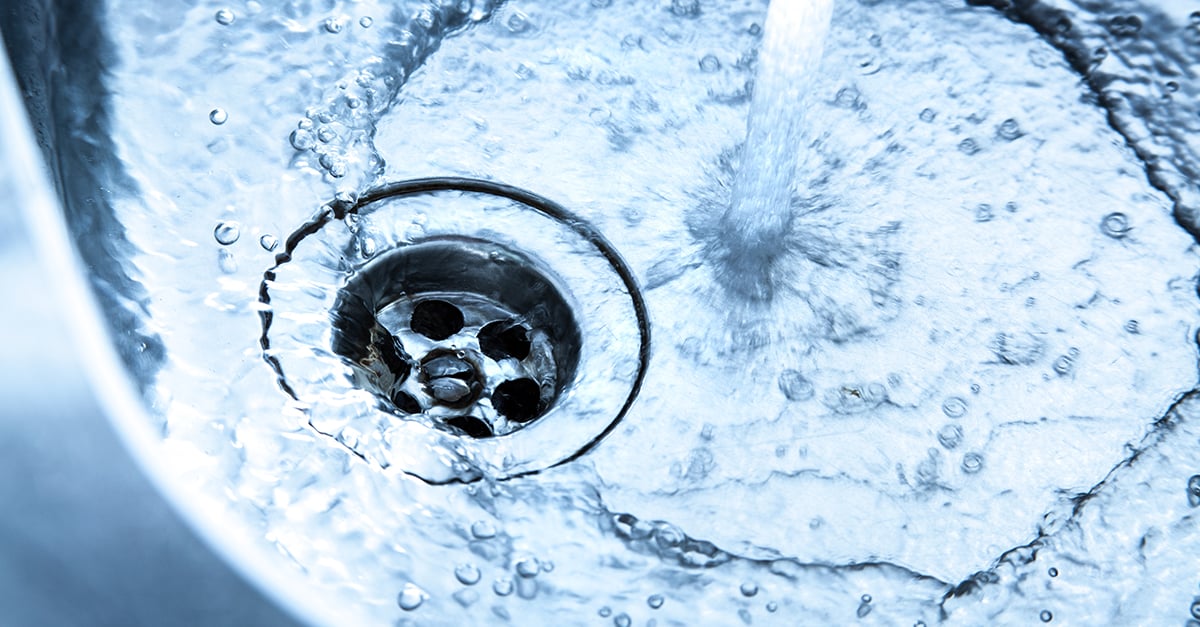
Think of your kitchen sink drain as the gateway to your home’s plumbing. Everything that goes down that drain impacts the pipes throughout your house. When your kitchen drain is healthy, water and waste flow freely. But when problems arise, they can quickly spread, causing headaches and potentially costly repairs.
Common Kitchen Drain Issues
Let’s take a closer look at some of the most frequent problems that can affect your kitchen drain and potentially impact your entire plumbing system.
Clogs: The Slow-Down Culprits
We’ve all experienced the frustration of a slow-draining sink. Clogs are often the culprits behind this annoyance. They form when food particles, grease, and other debris build up over time.
Picture this: You’re washing up after dinner, and the water starts pooling in the sink. That’s a tell-tale sign of a developing clog. If left unchecked, that small blockage can grow, leading to complete drain blockages or even pipe damage. So, if you notice this, consider seeking drain unblocking services from experts near your area.
Odors: The Stinky Situation
Have you ever walked into your kitchen and been greeted by an unpleasant smell coming from the sink? That’s another sign your drain might need some attention. Odors often develop when food particles get trapped in the pipes and start to decay.
Not only is this smell unpleasant, but it can also indicate a more serious problem brewing below the surface. Bacteria thriving in your pipes can lead to corrosion and other issues down the line.
Leaks: The Silent Troublemakers
Sometimes, drain problems aren’t as obvious as a clog or a smell. Leaks can develop slowly, often going unnoticed until significant damage has occurred. A leaky kitchen drain can lead to water damage in cabinets, flooring, and even the structure of your home.
Regular checks under your sink can help catch these issues early. Look for signs of moisture, water stains, or warping in the cabinet materials.
Preventing Kitchen Drain Problems
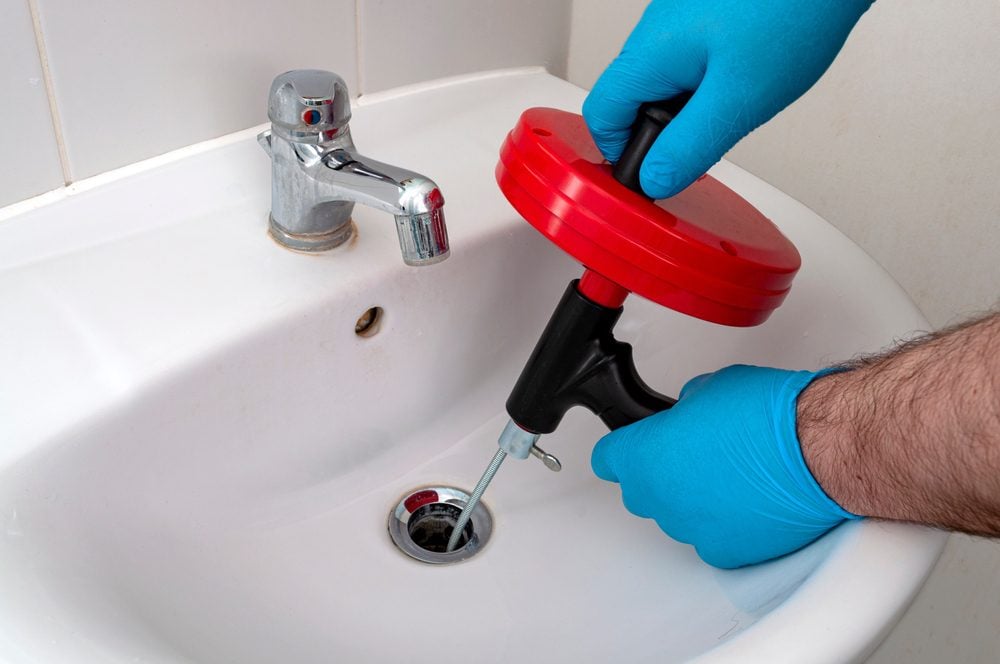
Now that we understand the common issues, let’s talk about prevention. Keeping your kitchen drain healthy doesn’t have to be a complex task. With a few simple habits, you can avoid many common problems.
1. Be Mindful of What Goes Down the Drain
The easiest way to prevent clogs is to be careful about what you put down your drain. Some key things to avoid include:
- Grease and oils: These can solidify in your pipes, causing blockages.
- Coffee grounds: They don’t break down easily and can accumulate over time.
- Large food particles: Use a drain strainer to catch these before they enter your pipes.
By being mindful of these drain-clogging culprits, you’ll save yourself from future headaches and keep your kitchen sink running smoothly for years to come.
2. Regular Cleaning Routines
Establishing a regular cleaning routine for your kitchen drain can work wonders. Here are a few methods to try:
- Hot Water Flush: Once a week, run boiling water through your drain for a few minutes. This helps melt away any grease or soap residue clinging to the pipes.
- Baking Soda and Vinegar: This natural cleaning duo can help keep your kitchen sink drains fresh. Pour half a cup of baking soda down the drain, followed by half a cup of vinegar. Let it fizz for about 15 minutes, then flush with boiling water.
- Store-Bought Drain Cleaners: While these can be effective, use them sparingly. Harsh chemicals can damage your pipes if used too frequently.
With these simple cleaning methods in your arsenal, you’ll be well-equipped to keep your kitchen drain running smoothly and odour-free.
3. Professional Maintenance
While there’s a lot you can do on your own, sometimes it’s best to call in the experts. A professional plumber can:
- Perform thorough drain cleaning
- Inspect your pipes for potential issues
- Provide advice on maintaining your specific plumbing system
Consider scheduling a professional inspection once a year, especially if you live in an older home or have recurring drain issues.
The Bigger Picture: Your Home’s Plumbing System
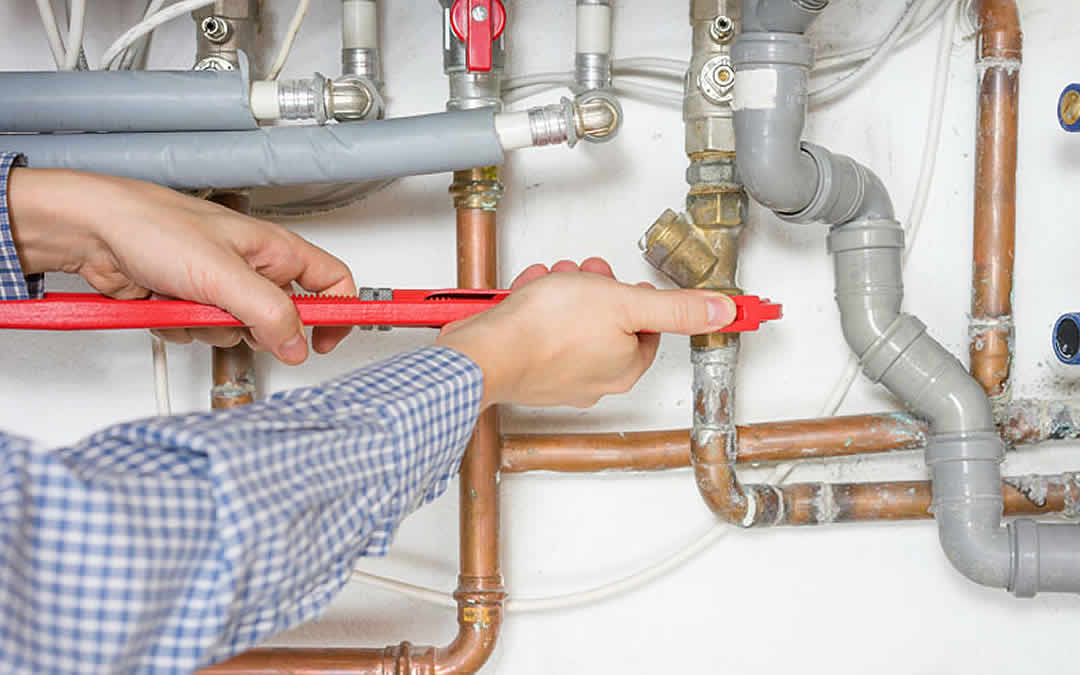
Remember, your kitchen drain is just one part of a larger system. When you take care of your kitchen drain, you’re also protecting:
- Your Sewer Line: All the water from your home eventually flows into the main sewer line. A healthy kitchen drain means less stress on this crucial pipe.
- Other Fixtures: Problems in one area can affect others. Keeping your kitchen drain clear helps maintain good water flow throughout your home.
- Your Wallet: Regular maintenance is almost always cheaper than emergency repairs. By taking care of your kitchen drain, you’re potentially saving money in the long run.
Think of your kitchen drain as the first line of defence in maintaining the overall health of your home’s plumbing system – what you do here can have far-reaching effects throughout your pipes.
Conclusion
Your kitchen drain might not be something you think about every day, but it plays a vital role in your home’s plumbing health. By understanding common issues, practising good drain habits, and knowing when to call for help, you can keep your kitchen drain—and your entire plumbing system—in top shape.
Remember, a little attention goes a long way. With some mindful use and regular maintenance, you can avoid many common drain problems and keep your kitchen running smoothly for years to come.


